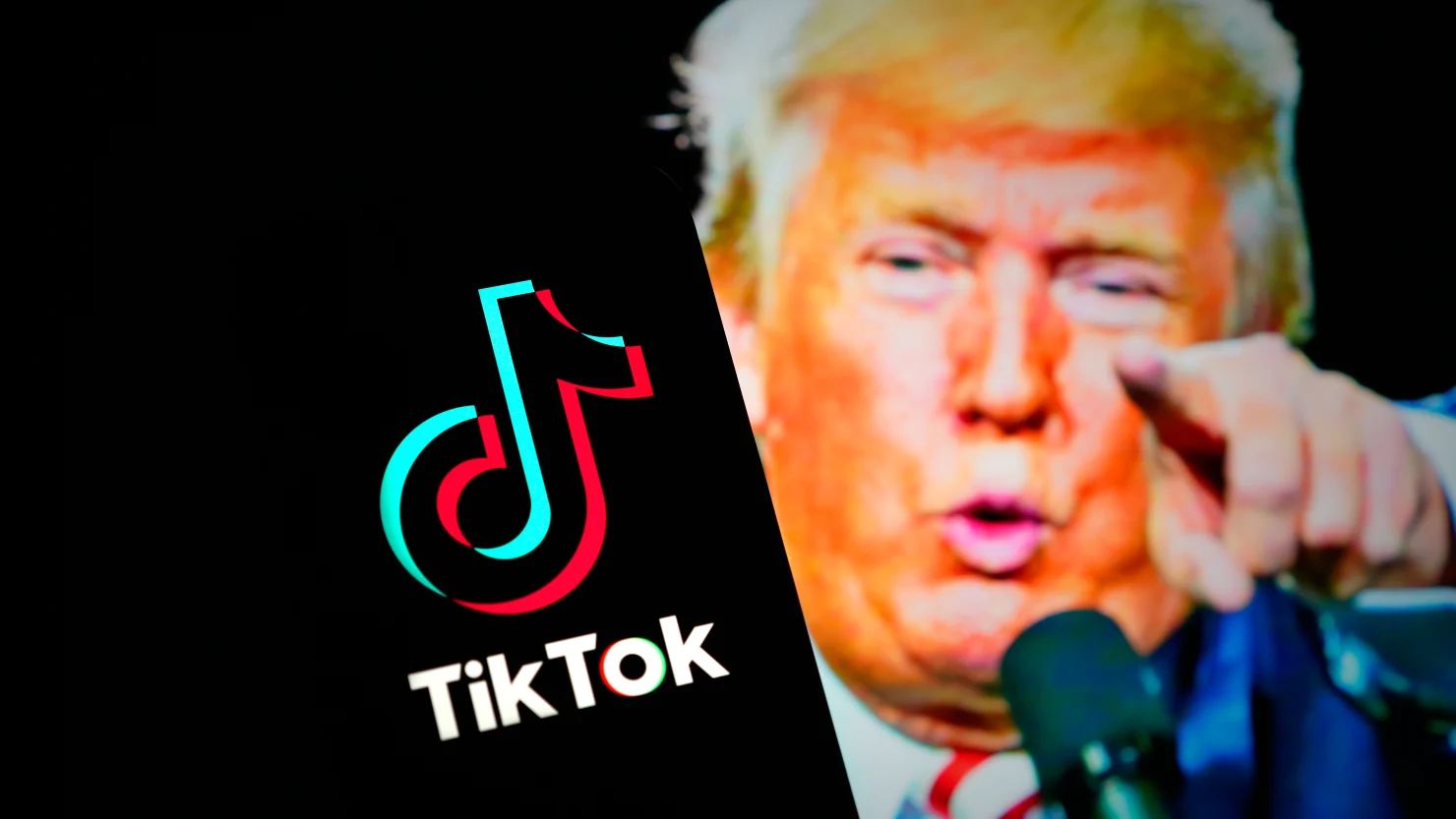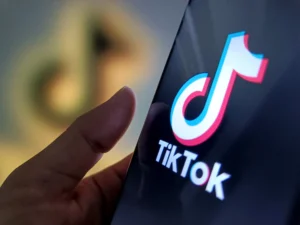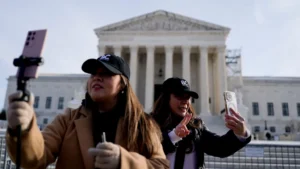The U.S. Department of Justice (DOJ) has urged the Supreme Court to deny President-elect Donald Trump’s request to delay a law requiring the Chinese-owned social media app TikTok to either sell its U.S. operations or face a ban by January 19.
The DOJ’s late-Friday filing came in response to Trump’s argument that his incoming administration, taking office on January 20, should have the opportunity to negotiate a political resolution. Trump’s legal team filed the brief last week, and the Supreme Court is scheduled to hear arguments in the case on January 10.
Background of the TikTok Ban
The law, enacted in April, mandates that ByteDance, TikTok’s Chinese parent company, divest its U.S. operations. The legislation reflects growing concerns about national security and data privacy risks associated with Chinese-owned platforms.
The DOJ emphasized that ByteDance has not demonstrated a likelihood of succeeding in its legal challenge against the ban. It stated that the threat posed by TikTok’s collection of data from its 170 million U.S. users is significant.
“No one can seriously dispute that [China’s] control of TikTok through ByteDance represents a grave threat to national security,” the DOJ said in its filing, arguing that the app could be leveraged for espionage and malign influence operations.
TikTok’s Defense and First Amendment Claim
TikTok has challenged the law on First Amendment grounds, arguing that it unfairly targets the platform for its social media content rather than its data practices. The company noted that other Chinese-owned apps like Shein and Temu were not included in the ban, implying a bias against TikTok’s content rather than its ownership.
If the law takes effect on January 19, new downloads of TikTok will be blocked on app stores operated by Apple and Google, while existing users can continue using the app temporarily. Over time, functionality will degrade as service providers cease support.
Trump’s Changing Position on TikTok
Trump’s current support for a delay marks a reversal from his stance in 2020, when he sought to ban TikTok and force its sale to U.S. companies over concerns about Chinese ownership. His lawyer, D. John Sauer, argued that the incoming administration should have the chance to explore a political resolution to the matter.
Potential Outcomes
President Biden, who takes office shortly after the Supreme Court’s hearing, could extend the deadline by 90 days if he certifies that ByteDance is making significant progress toward divestiture.
The Supreme Court’s decision on the case could have far-reaching implications for U.S.-China relations, data privacy, and the regulation of foreign-owned digital platforms in the United States.



